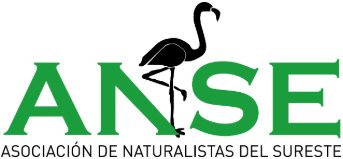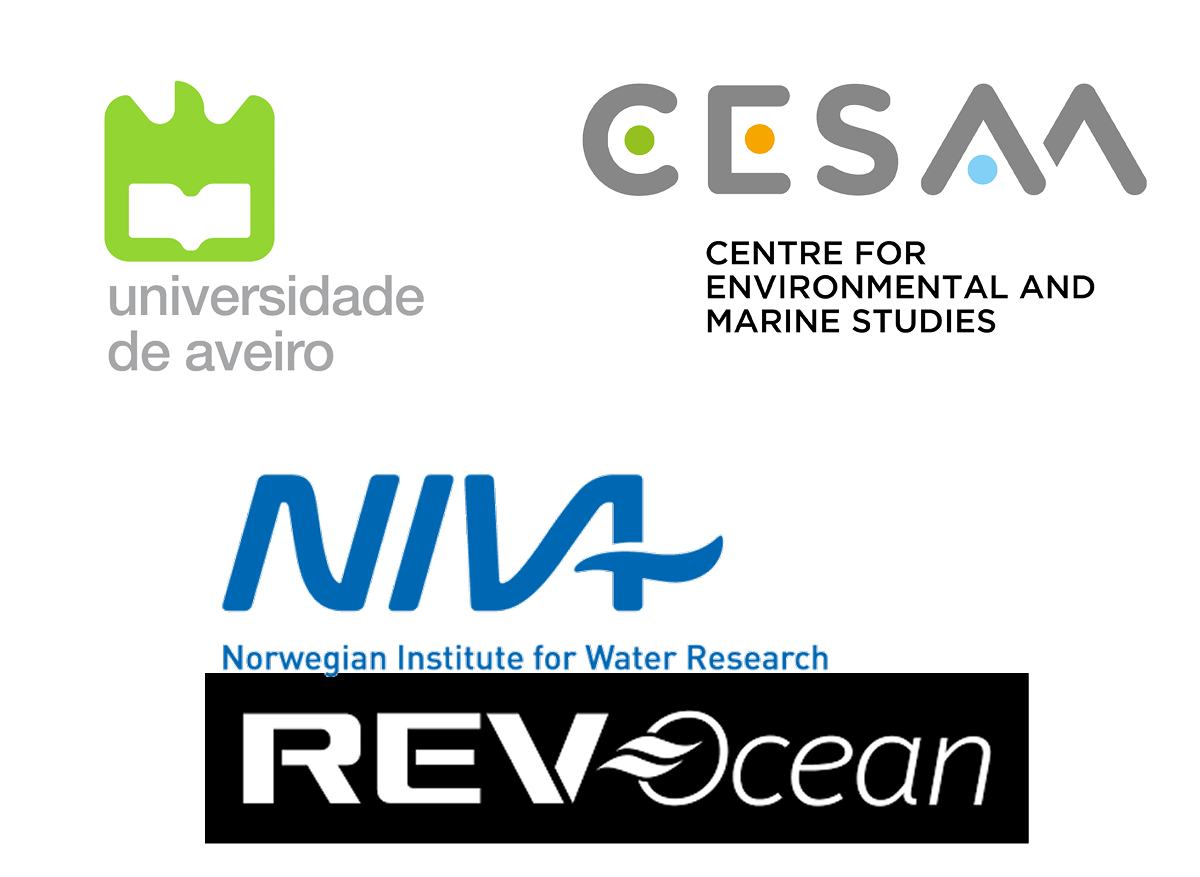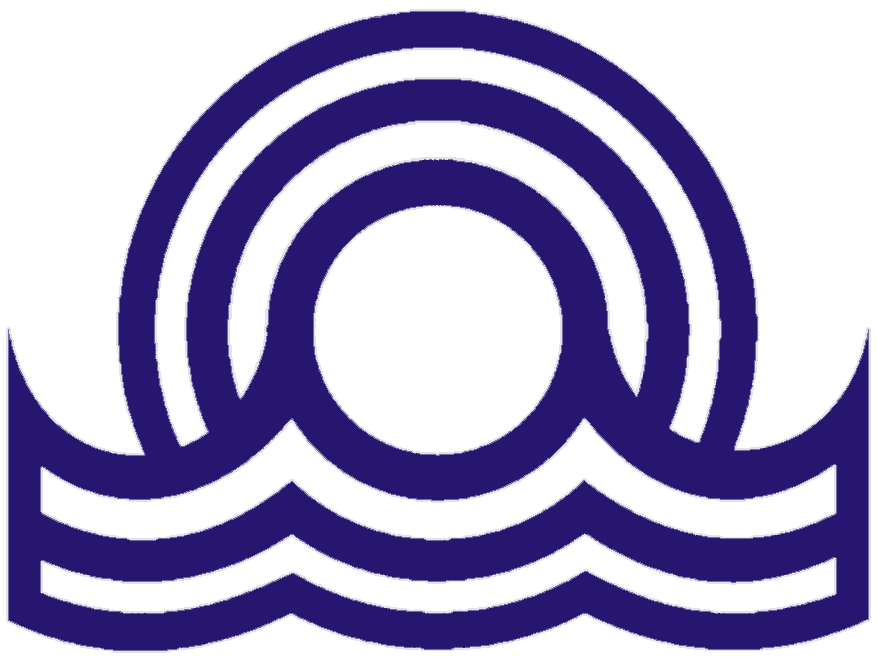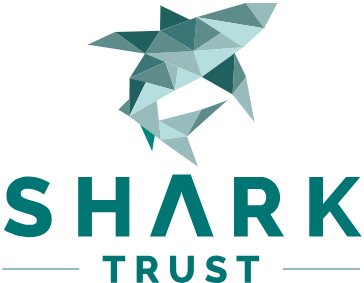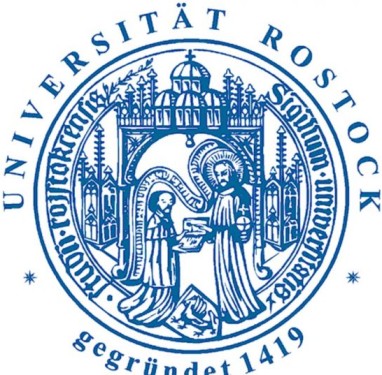Ten projects have been selected as the recipients of the DTO-BioFlow Second Open Call. This initiative aimed to identify data holders who could provide sustained, long-term access to previously inaccessible marine biodiversity data through EMODnet Biology for integration into the EU DTO. The selected projects began their work on 1 May 2025 and continued until 30 April 2026. As part of their award, the projects participated in an exclusive data training workshop in Paris, held from 3 to 5 June 2025. This immersive event fostered knowledge exchange, focusing on data transformation, quality control, metadata management, and collaborative discussions to refine methodologies and strengthen ties within the expanding marine biodiversity data network.
Marine biodiversity in the waters of the southeastern Iberian Peninsula: 20 years of monitoring - José Luis Murcia Abellan

ANSE will unlock and digitise over 17 years of high-quality, yet unpublished, marine biodiversity data collected in the southeastern Iberian Peninsula and the Alboran Sea. This dataset includes thousands of records of seabirds, sea turtles, and fish species gathered during cetacean-focused research between 2006 and 2023, many of which are not even digitised and remain on the paper sheets where they were recorded so many years ago.
AURORA: Bringing Deep-Sea Biodiversity Data to Light - Fábio Emanuel Lopes de Matos


The Marine Biodiversity Digital Laboratory at the University of Aveiro will unlock deep-sea biodiversity data from the Central Arctic Ocean, one of EMODnet Biology’s most data-deficient regions. The project will submit benthic megafauna data from the Aurora Seamount and hydrothermal vent ecosystems, collected through high-resolution photographic surveys.
Baltic Biodiversity Data Pipeline (BaBiDaPi) – Connecting the HELCOM Biodiversity database to EU-DTO - Joni Kaitaranta

HELCOM is an intergovernmental organisation coordinating environmental monitoring across the Baltic Sea. This project establishes a data pipeline from the HELCOM Biodiversity database to EMODnet Biology, enabling broader access to species observation data beyond the regular ICES datasets.
Harmonising Bulgarian Black Sea Zooplankton Data in EMODnet: A Step Toward Open Science - Assoc. Prof. Kremena Blagovestova Stefanova

This project unlocks 10 years (2012–2021) of meso- and macrozooplankton data from the Black Sea, collected by IO-BAS through long-term monitoring. It focuses on harmonising, validating, and formatting the data to meet FAIR principles and ensure interoperability.
The dataset—spanning coastal, shelf, and open sea habitats—includes abundance, biomass, size, community composition, and environmental parameters. It will be integrated into the Digital Twin Ocean and global ocean data frameworks, with long-term sustainability ensured through future funding initiatives.
IOBED - Integrating OBSEA’s Biodiversity data into EMODNet Biology - Enoc Martínez

OBSEA is a long-term underwater observatory located off the coast of Vilanova i la Geltrú, Spain, in the NW Mediterranean Sea. Since 2009, it has collected continuous multiparametric data, including environmental variables such as temperature, salinity, currents, and acoustics.
Updating the occurrences of Mediterranean exotic fish for the European Digital Twin of the Ocean - Manuela D'Amen

The Mediterranean Sea is the most invaded marine region globally, yet data on exotic fish species remains fragmented and difficult to access. To address this, the ORMEF (Occurrence Records of Mediterranean Exotic Fish) database was developed, compiling over a century of geo-referenced observations. Its latest version, hosted on the LifeWatch Italy platform, includes 4,015 records from 1896–2020 across 20 countries, covering 188 fish taxa with detailed metadata.
Eggcases and Basking Sharks – linking long term citizen science sightings data to the Digital Twin Ocean - Harriet Allen


The Shark Trust, established in 1997, uses citizen science to support global shark and ray conservation. Through projects like the Great Eggcase Hunt (over 522,000 eggcases from 50+ species) and the Basking Shark Project (over 65,000 individuals since 1986), the Shark Trust has gathered extensive long-term data.
Gulf of Naples - 40 Years of Zooplankton Biodiversity Assessment (ZOOGoN-40Y) - Iole Di Capua

The ZOOGoN-40Y project builds on 40 years of zooplankton monitoring in the Gulf of Naples, led by the Stazione Zoologica Anton Dohrn. Since 1984, the MareChiara research program has collected data on zooplankton abundance and diversity, tracking environmental variability and climate change.
Towards a unified standard for marine benthic data in the Azores - João Faria de Oliveira Santos

BenthicAZ is unlocking two decades of unpublished coastal benthic biodiversity data from the Azores, a region underrepresented in EMODnet Biology. Sourced from over 50 records—theses, field notes, and raw datasets—the project will digitise, standardise, and openly share data on sessile species and benthic macroinvertebrates from intertidal and shallow subtidal zones across multiple islands.
Plankton diversity in a eutrophic Baltic coastal lagoon - PD Dr. Rhena Schumann

This project focuses on decades of phyto and zooplankton monitoring in the Darß-Zingst Bodden Chain, a eutrophic coastal lagoon on the Southern Baltic coast. Despite reduced nutrient inflows, phytoplankton communities remain largely unchanged due to shallow waters, limited ocean exchange, and fluctuating salinity.
